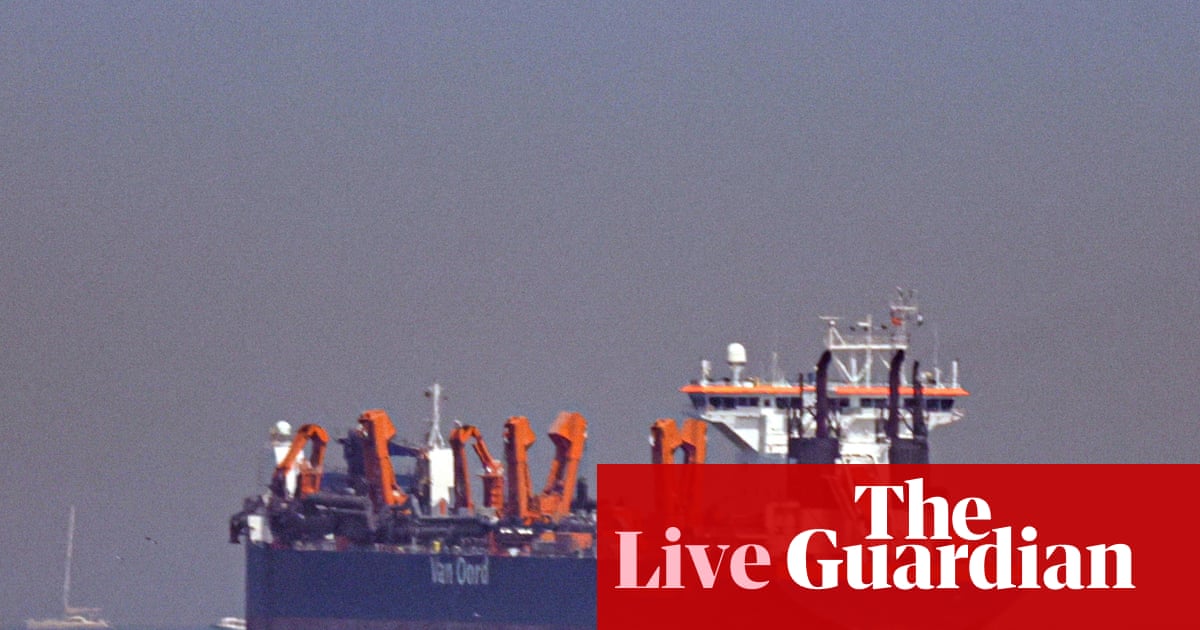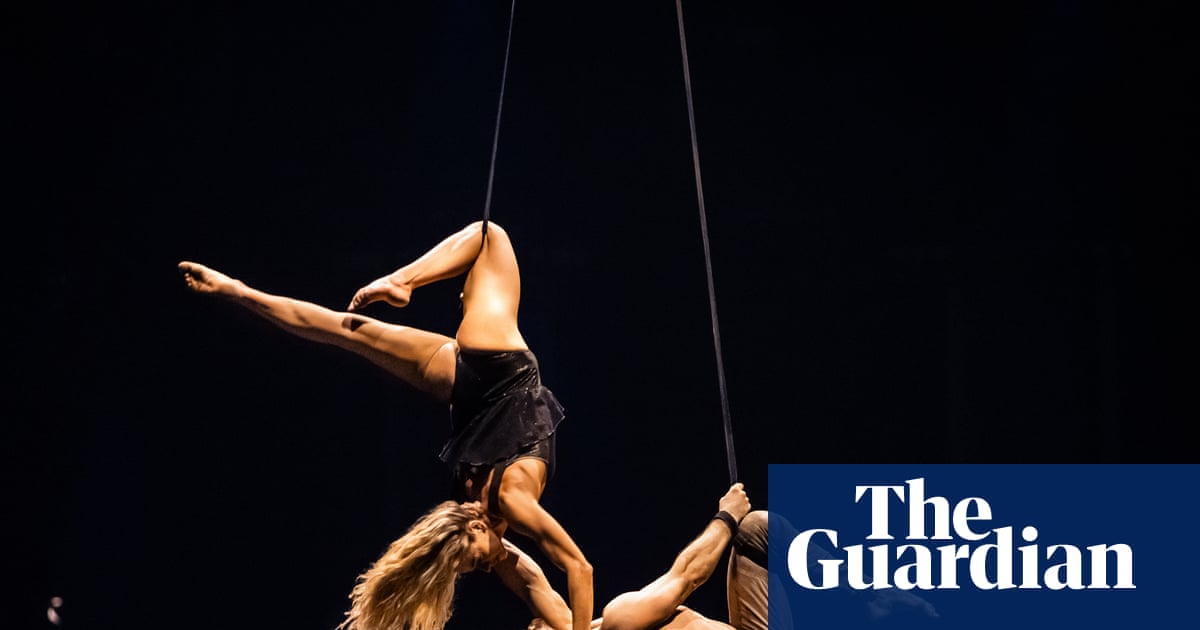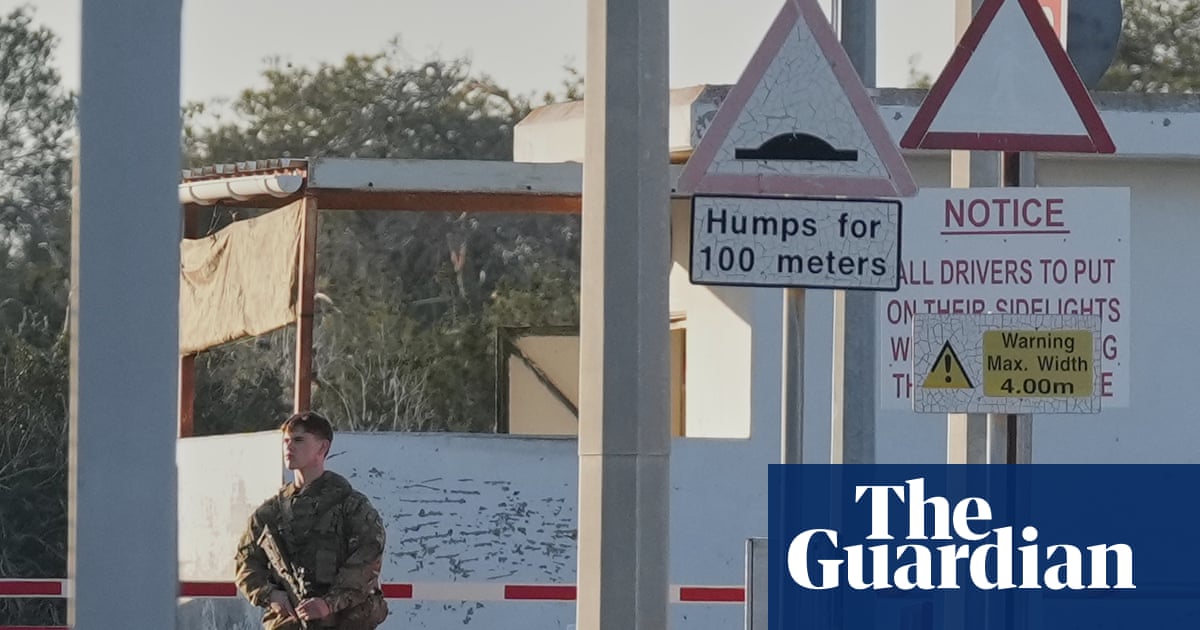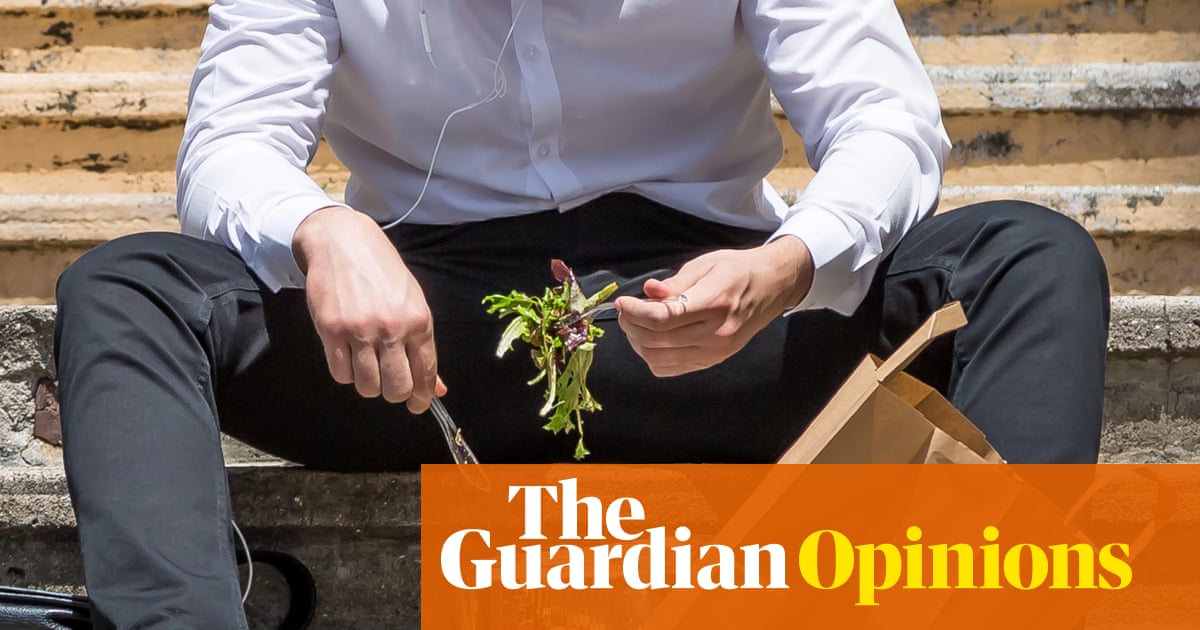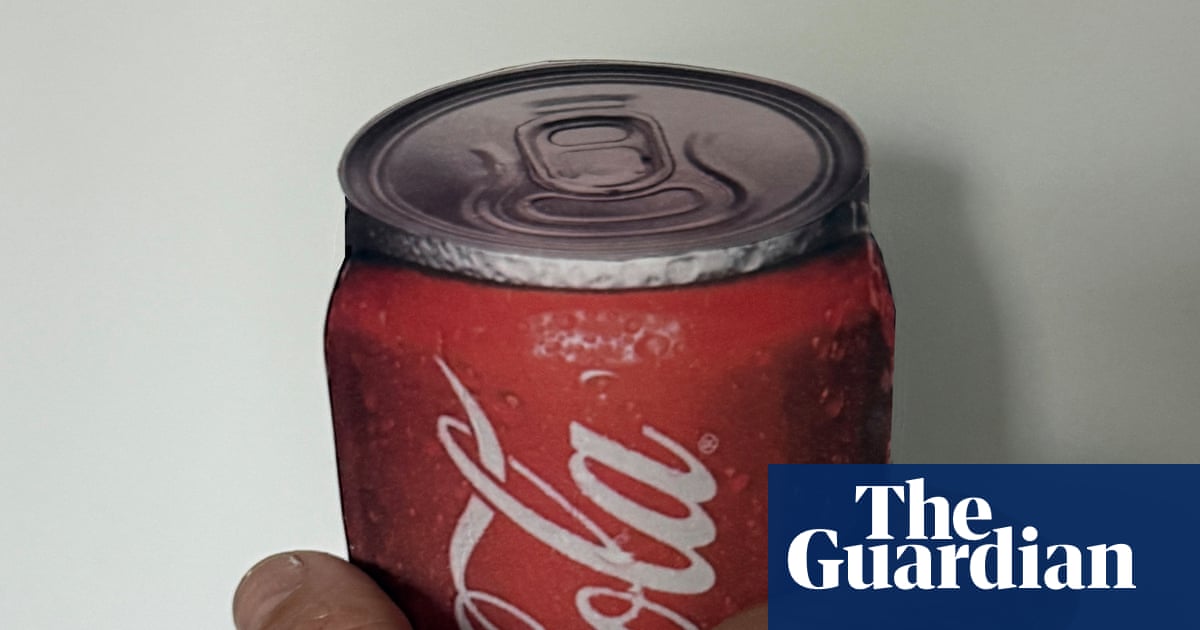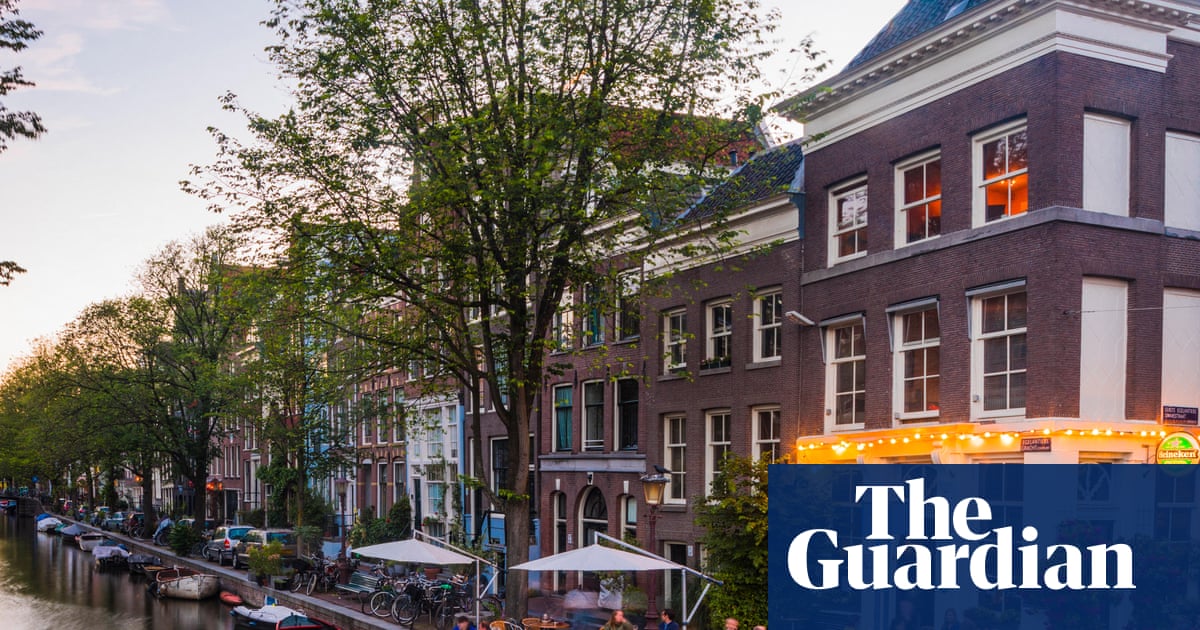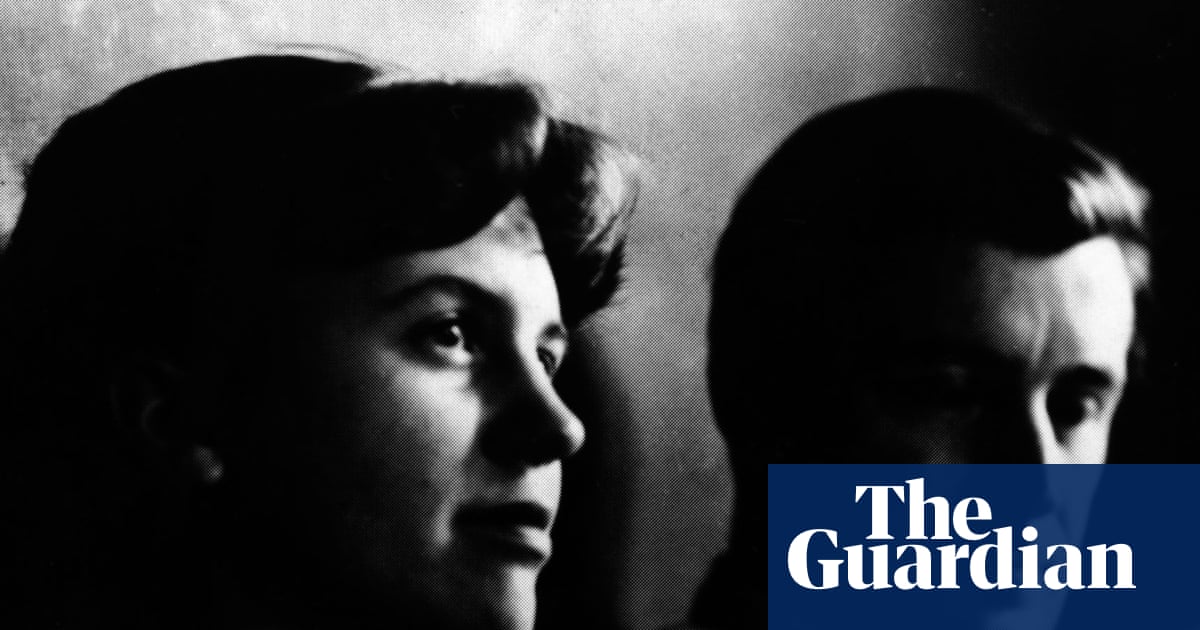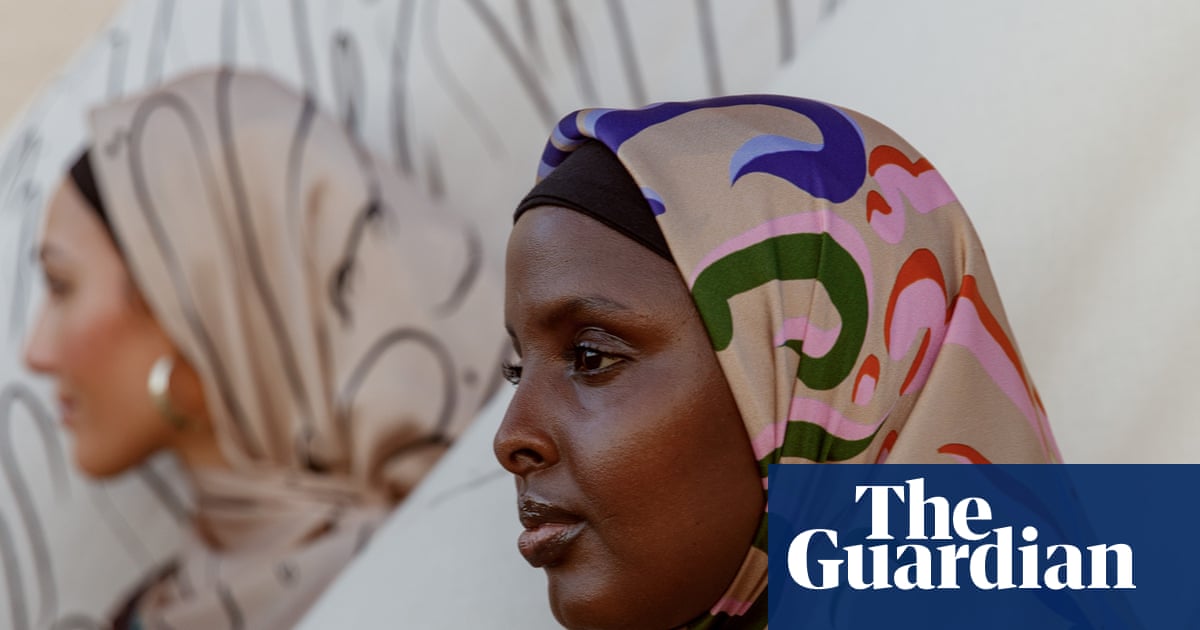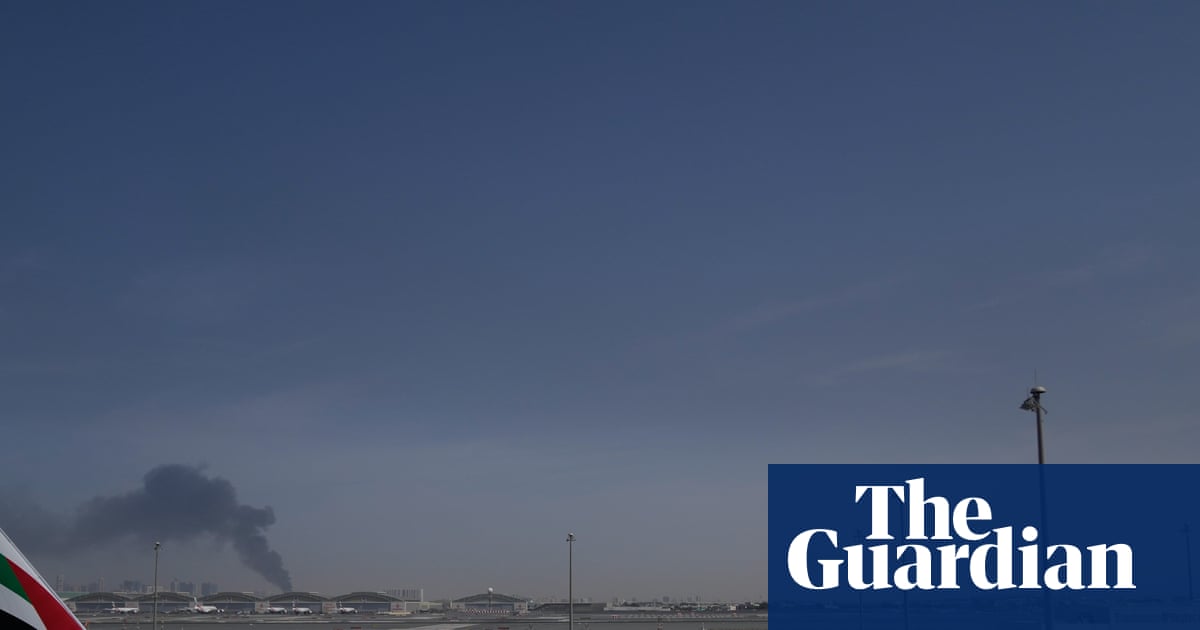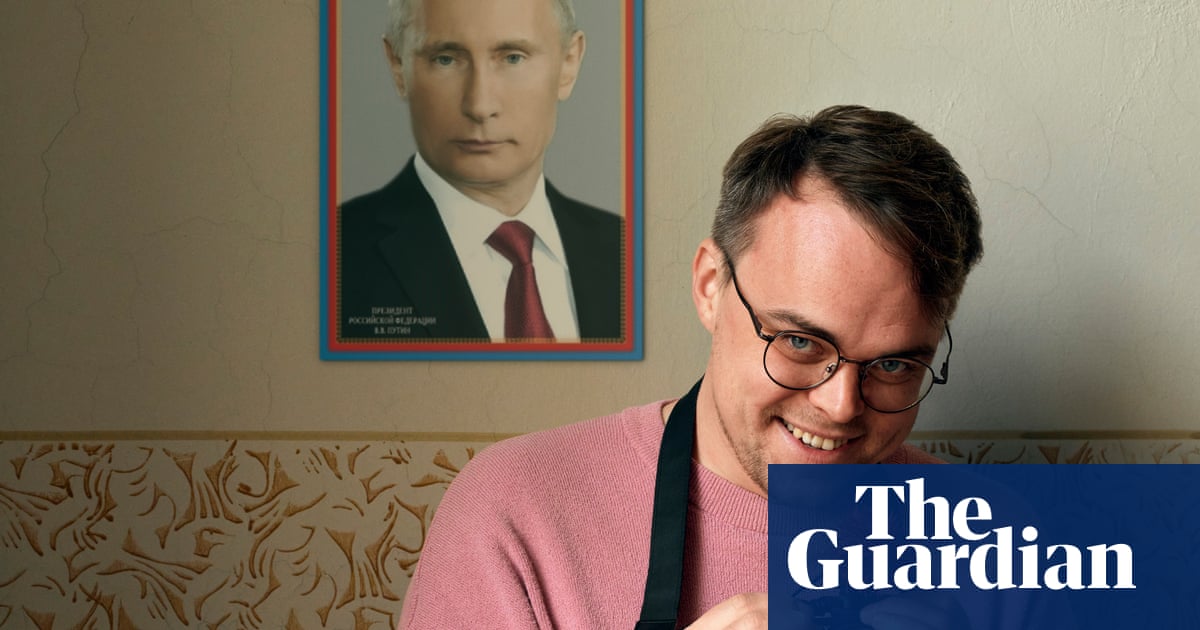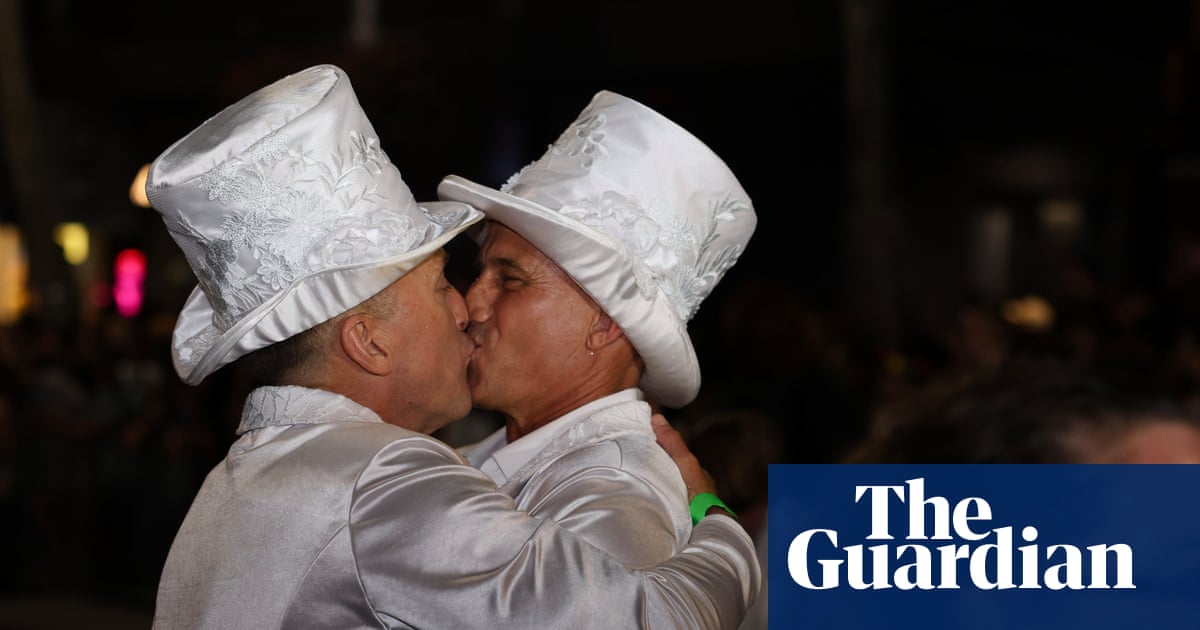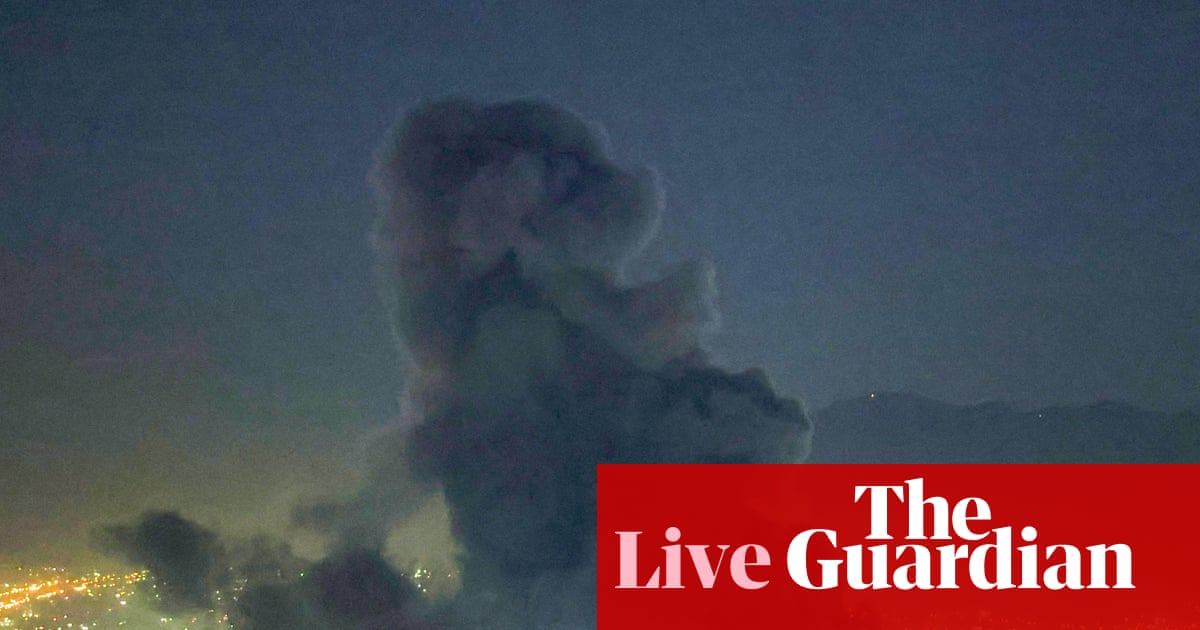In recent years, Britain has become the villain of choice in Moscow’s eyes. It has been accused of plotting drone strikes on Russian airfields, blowing up the Nord Stream pipeline, directing “terrorist” raids inside Russia, and even abetting last year’s gruesome Islamic State concert attack in Moscow.
This week, a new charge was added to the pile: Russian authorities claimed that British intelligence had tried and failed to lure Russian pilots into defecting to the west.
“The FSB [Russia’s Federal Security Service] exposed all this in great detail,” Sergei Lavrov, Russia’s foreign minister, told reporters in Moscow, describing what he called a British-backed plot to lure a Russian pilot flying a Kinzhal missile-equipped jet to Romania, where, he claimed, it would be shot down by Nato forces.
“I do not know how the British will wash themselves clean of it, although their ability to play the role of goose coming out of the shower is well known,” Lavrov added, using a Russian idiom that cast Britain as somehow always emerging spotless, despite its actions.
London denies involvement in all these plots.
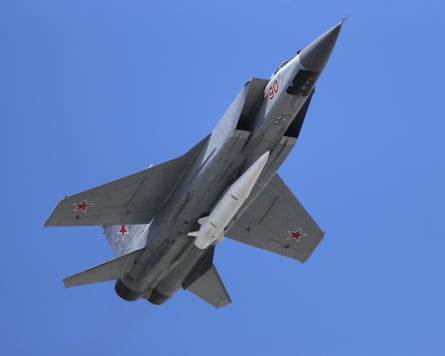
As Moscow looks to rebuild ties with the Donald Trump administration, Britain has assumed the role once reserved for the US – the Kremlin’s chief adversary and favoured bogeyman in its propaganda war.
“Russia regards itself as on a par with the United States,” said Capt John Foreman, the UK’s former defence attaché to Moscow. “Now they can’t criticise Trump directly, so who do you blame for your woes – for the losses in Ukraine, for a million casualties? You blame the closest thing, the British. It’s easy to portray us as the root of all Russia’s problems.”
This year, Russia’s foreign intelligence service (SVR) said: “London today, like on the eve of both world wars, is acting as the main global warmonger”.
It is a mantle Britain has worn on and off for more than two centuries, in Russia’s view.
During the cold war, the US was known in KGB parlance as the “main enemy”, with Britain a distant second. Although rivalry and mutual spying between the two never went away, in the minds of the Kremlin the threat from Britain was very much a subplot to the main battle between Moscow and Washington.
But rivalry between Russia and Britain has a long history, stretching back to the “Great Game” of the 19th century, when imperial Russia and Britain fought for influence in central Asia, where their empires came within 20 miles of one another in some places.
There was a brief period when the empires were allies, but after the October Revolution of 1917, Britain again became the primary antagonist, seen by the Marxist Bolsheviks as the leading power representing the old capitalist and imperialist order.
The US at this time was a mere afterthought; the early Soviet foreign intelligence service covered the country from its British department, “as it was an Anglo-Saxon country and because it did not bother us much anyway”, in the words of Georges Agabekov, an intelligence officer who later defected.
The full-scale invasion of Ukraine, however, has brought relations to a new low.
Although Britain’s budget and capabilities are much smaller than those of the US, the British have often been far more willing than their American counterparts to take risks and push boundaries when it comes to assisting Ukraine militarily and with intelligence sharing.
“The Brits have been one step ahead from the very first days,” a Ukrainian intelligence source said.
Boris Johnson was one of the first western leaders to visit Kyiv after the invasion, arriving in early April 2022 just 10 days after Russian forces had withdrawn from positions around the capital. It was February 2023 before Joe Biden made his own visit. US officials signed off on massive support for Ukraine, but they were wary of escalation, whereas Johnson frequently used bullish rhetoric about the defeat of Russia, which did not go unnoticed in Moscow.
Russian officials, including Vladimir Putin, have repeatedly seized on claims that Johnson derailed a potential peace deal in the spring of 2022. In Moscow’s telling, Kyiv was ready to agree to terms early in the war but pulled out on British orders – a version of events rejected by President Volodomyr Zelenskyy but now embedded in Russian state media.
“Pockets of anglophobia really do exist within the security services, among people like [Nikolai] Patrushev, [Alexander] Bortnikov and [Sergei] Naryshkin,” said Foreman, referring to three of Russia’s most powerful siloviki, members of the security establishment.
Among Russia’s ruling elite, the once-innocuous term “Anglo-Saxons” has been reborn as shorthand for the Kremlin’s deepest anxieties about the west. In the official lexicon, it no longer denotes an ancient people but a geopolitical cabal, led this time by London and accused of plotting to contain, humiliate and ultimately dismantle Russia.
The hostility has trickled down from the top. Russia’s television propagandists now compete to issue ever more lurid threats: one of Putin’s favoured hosts regularly boasts that Britain could be “sunk underwater” by Russia’s new nuclear torpedo.
Public opinion has followed suit. According to a Levada Centre poll this summer, 49% of Russians name Britain as one of their country’s main enemies, second only to Germany.
But this hatred appears to have gone largely unnoticed in Britain itself, Foreman said.
“They care about us much more than we care about them,” he said. “It’s not a reciprocal relationship; the average Brit on the street has no idea this hate exists.”
Adding to the confusion, Moscow’s messaging is often contradictory, depicting Britain as a fading colonial relic as well as as a power with outsized sway over world affairs.
“Soviet leaders then, and Russian leaders now, pay the UK an inverted compliment in professing to believe that London is behind every conspiracy against them,” Michael Clarke, a visiting professor of defence studies at King’s College London, wrote in a recent issue of the British Army Review.
“British intelligence remains a favourite bête noire for analysts in Russia,” he added.
At the same time, as a recent paper by the New Eurasian Strategies Research thinktank put it, Britain is portrayed in Moscow “as a weakened power, a puppet of the United States, and a society in moral and social decay”.
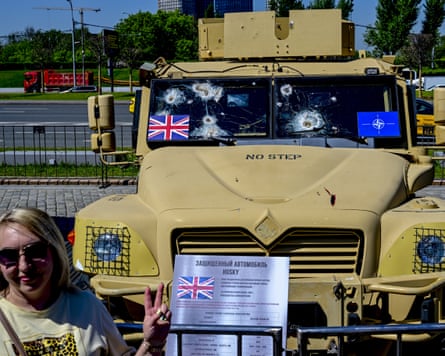
Britain is not alone in the Kremlin’s gallery of enemies. Since Trump’s election, Europe as a whole has joined the ranks – no longer the loyal Washington follower but, in Moscow’s telling, the real source of western aggression and instability.
Still, the UK appears to occupy a special place.
“They don’t like Europe, but they really hate the Brits, that’s the message that comes through when talking to the Russians,” said a senior European diplomat in Moscow, who requested anonymity to speak freely.
What Britain’s enemy status means for actual Russian policy vis-a-vis the UK is hard to gauge.
The UK is not unique in accusing Moscow of conducting a far-reaching hybrid campaign on its territory. Across Europe, intelligence services have blamed Moscow for sabotage, arson and disinformation operations, part of what they describe as a coordinated campaign against the continent.
But diplomatically, Moscow appears uniquely unwilling to engage with London, even through private channels. The Financial Times reported this week that London has tried, without success, to establish a discreet line of communication, while the Kremlin has proved more receptive to Berlin and Paris.
Pavel Baev, a research professor at the Peace Research Institute Oslo, suggested this may be because military support for Ukraine enjoys broad backing among the British public and across the political spectrum, whereas in other European countries it is more contested.
“As a result,” Baev said, “Moscow is focusing more on Germany and France as potential channels for derailing European rearmament plans.”
Clarke noted that Moscow’s hostility is sharpened by what it sees as Britain’s strategic vulnerability: a country aligned with Europe yet standing outside it, and increasingly isolated from it.
“Moscow perceives that the UK isolated itself from its European partners in the Brexit process and will take some time to recover the political ground it lost among the major European powers,” he said.
At the same time, Clarke wrote, Britain has struggled to maintain a renewed strategic partnership with the US, finding it difficult to sustain close ties under the Trump and Biden administrations.
“So from Moscow’s perspective, the UK is more isolated than at any time since 1914, and can be picked off.”

.png) 3 months ago
57
3 months ago
57
